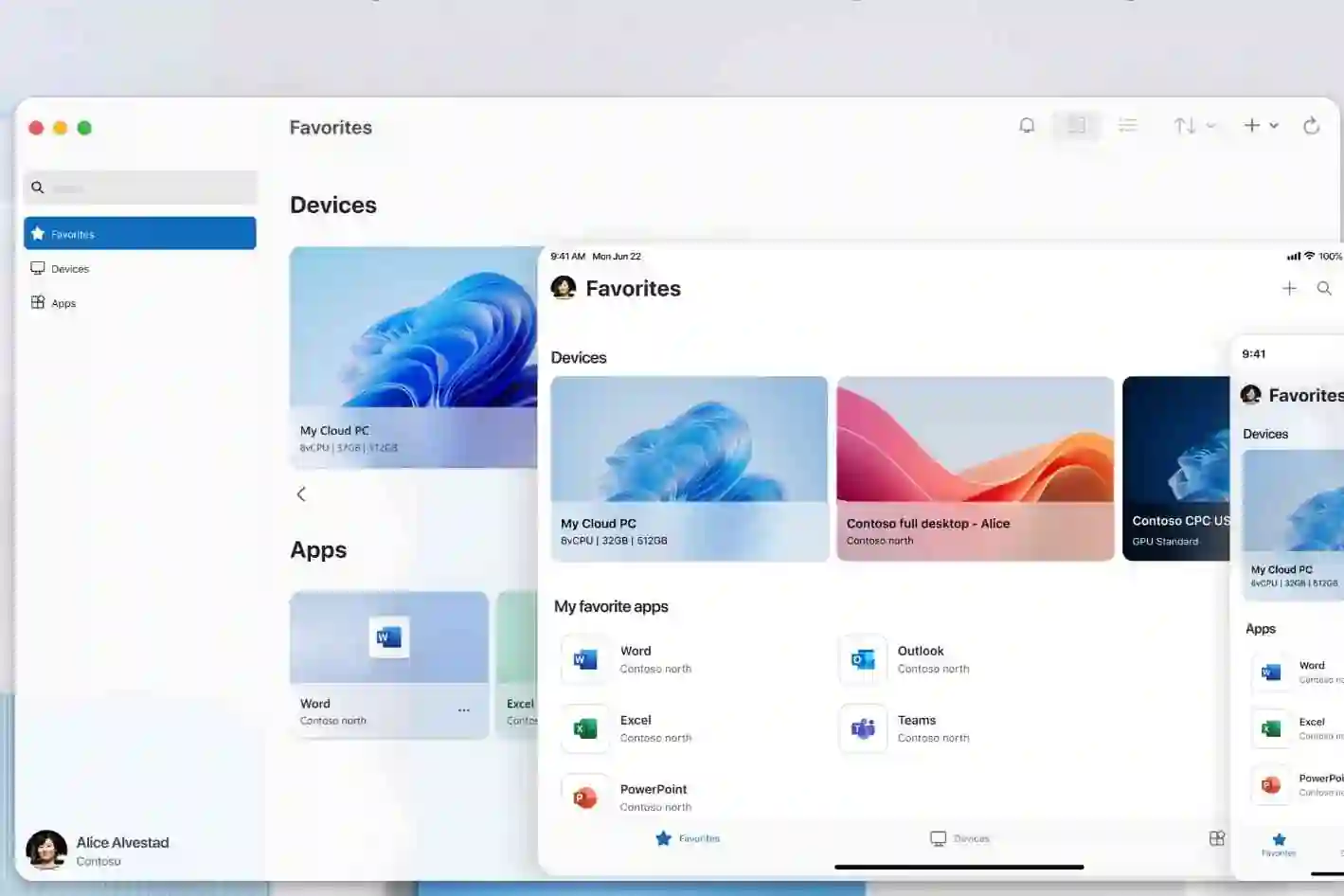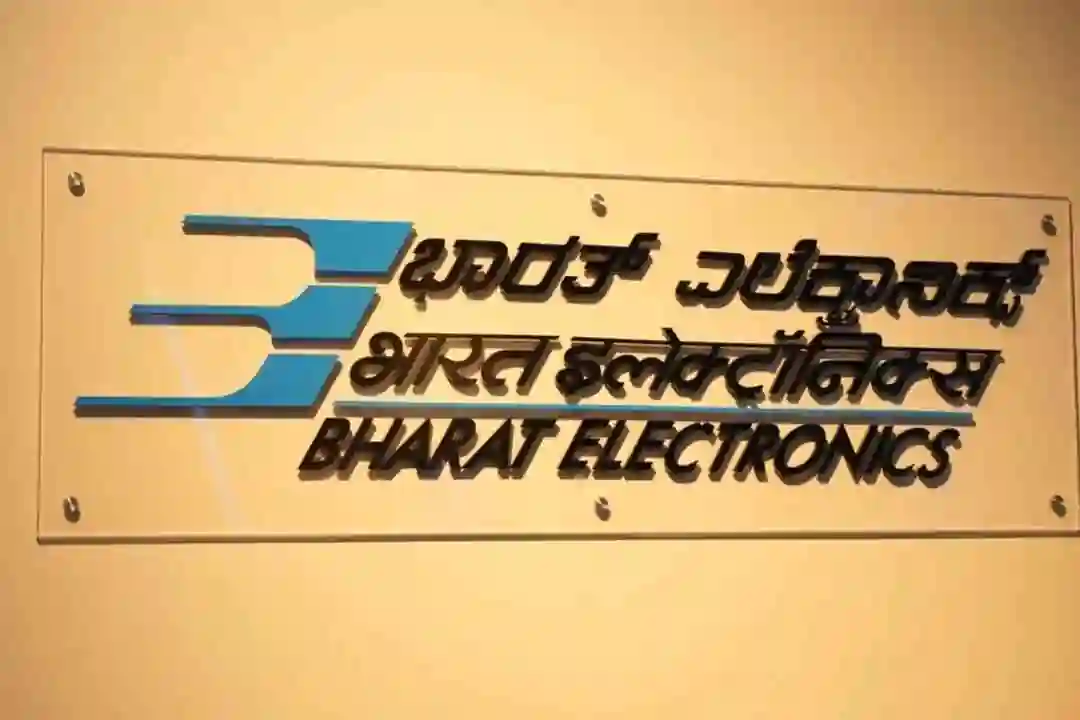Digital India's Dilemma: When Convenience Meets Compliance Challenges
In a surprising turn of events, over 14,000 small traders and vendors in Karnataka are rejecting UPI (Unified Payments Interface) and going back to cash transactions, following a wave of GST notices issued by the Commercial Tax Department. This pushback highlights the growing friction between India’s rapid digital payment adoption and the compliance burdens it imposes on small businesses.
UPI Growth Meets Ground-Level Resistance
While India celebrates UPI's milestone of surpassing VISA’s global digital transactions, traders in Bengaluru’s traditional markets are expressing frustration. Notably, Rajesh Agarawal, who runs an electric fittings shop in Chamarajpet, shared his concerns:
“If we use multiple UPI accounts linked to the same PAN number, even personal transactions are being treated as business income. This makes it impossible to maintain clean records.”
This issue has driven many small businesses to abandon UPI and other digital payment modes, with some even refusing card payments, despite having current accounts.
Markets Go Offline: Traders Demand Fairness
The impact is most visible in key trading hubs like Silver Jubilee Park Road, SP Road, Raja Market, and Chickpet, where thousands of traders dealing in electronics, electrical, mechanical goods, and household items have halted digital transactions entirely.
Traders allege that the Commercial Tax Department issued GST notices without prior intimation, demanding 18% GST on transactions exceeding ₹40 lakh annually, including retrospectively for the last three years.
“We are not against paying taxes, but the department should have informed us and helped with proper GST registration,” a trader spokesperson said.
Strike and Protest Plan
As a show of resistance, traders are now staging phased protests, including:
- Blocking sale of milk and milk-based products on July 23–24
- A massive rally at Freedom Park on July 25
The aim: to urge the government to withdraw the GST notices and bring clarity to the UPI-taxation conflict.
Political Tug-of-War: Congress vs BJP
The issue has triggered a political blame game:
- Chief Minister Siddaramaiah accused the Central Government of burdening small traders through GST analytics on digital payments.
- Deputy CM D. K. Shivakumar stated that the BJP-led Central Government had imposed the ₹40 lakh GST registration threshold and instructed states to act.
- Former CM Basavaraj Bommai blamed the Congress Government in Karnataka, arguing that GST collection is a state responsibility, and the state set aggressive collection targets.
The Core Issue: Transparency, Trust & Taxation
This growing disconnect reveals a key challenge: India’s small traders are struggling to adapt to digital finance regulations, especially when personal and business transactions intertwine.
Unless policy communication improves and technological solutions are provided to separate personal and business UPI transactions, more traders might reject digital payments, undermining India’s fintech success.
Conclusion
India’s UPI revolution is at a crossroads. While it has transformed payments, the lack of clarity around GST compliance is pushing thousands of small businesses back to cash. For India to truly go cashless, supportive infrastructure, transparent policies, and trader education are critical. Policymakers must act swiftly to bridge the gap between digital ambition and ground realities.












